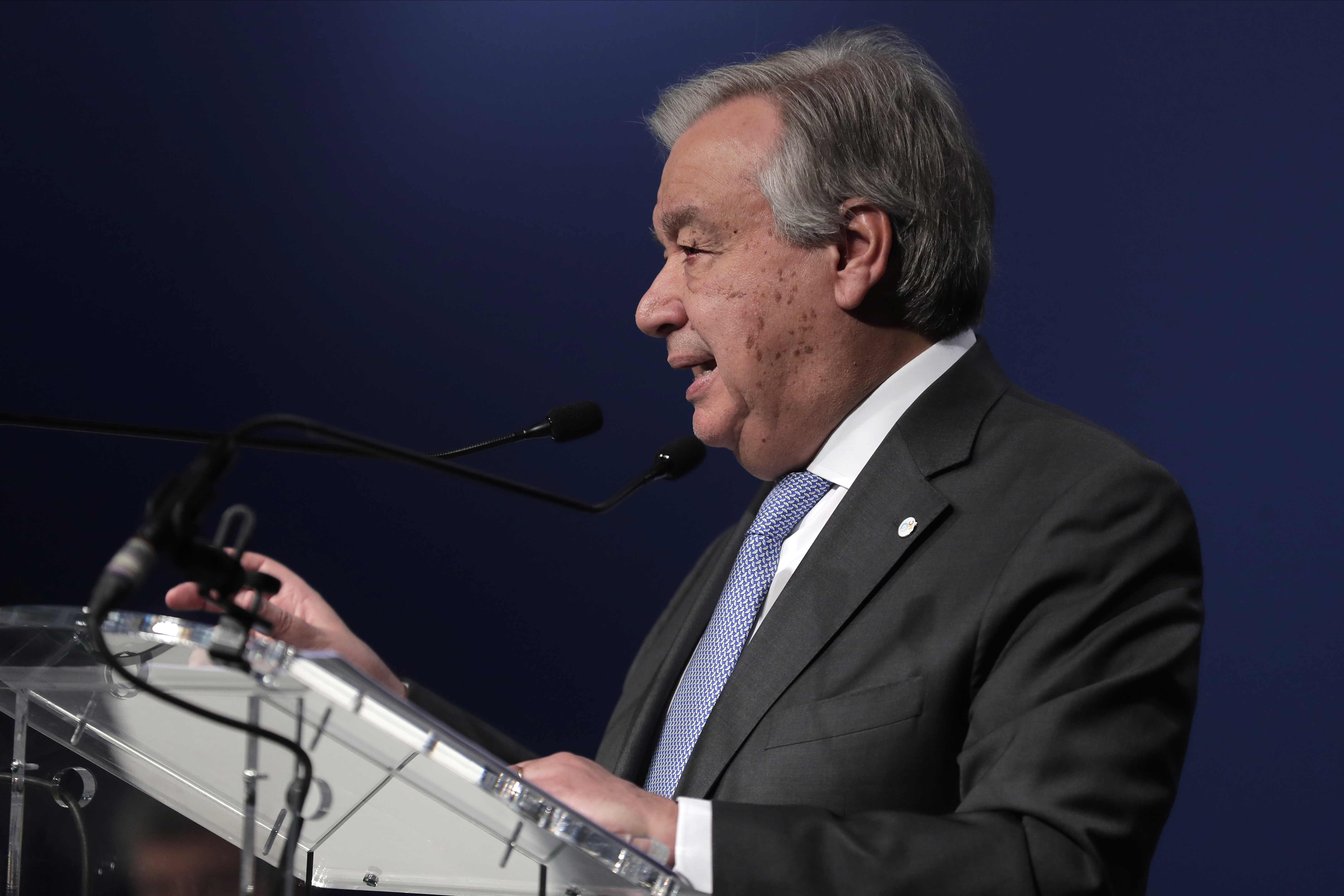In his book, The Fourth Industrial Revolution, Klaus Schwab of the World Economic Forum states that humanity is at the cusp of a revolution that is characterized by a range of new technologies, which are fusing the physical, digital and biological worlds, resulting in shifts and disruptions that hold great promise. Since then, the technological aspects of the transition have enjoyed traction but his concerns regarding the ability of institutions to adapt to the frenetic pace of change have not. His call for leaders and citizens to “together shape a future that works for all by putting people first, empowering them and constantly reminding ourselves that all of these new technologies are first and foremost tools made by people for people” remains unheeded. However, institutions, political and economic, seem to have forsaken the interested parties (die Interessenten). Take, for example, the gig economy or the conference of parties of the various UN conventions; the only interested parties seem to be the shareholders and the governments of the day. How does one explain the trend in the labour market that is characterized by prevalence of short-term contracts or freelance work as opposed to formal employment with attendant benefits, or the conduct of governments at the annual UN climate conferences? Is the biker who delivers food and groceries not die interessierte Partei, and what about the at-risk populations at the forefront of impacts of climate change across the world?
Chile was to host the 25th UN climate conference earlier this month but the forsaken in that country took to the streets in October. The initial trigger was a raise of about 4 per cent in Santiago’s subway fare during peak hours; the underlying causes are increased cost of living, privatization and inequality. On October 30, Chile’s president, Sebastián Piñera, cancelled his county’s plan to host the conference. It is a miracle that the two-week long climate conference was held on schedule in Madrid instead. However, despite being the longest climate conference ever among the 25 editions, negotiators postponed until next year a key decision on global carbon markets. The conference failed to deliver anything of consequence despite the common knowledge that global emissions have to drop by 7.6 per cent annually, starting next year, if the Paris accord’s goal of keeping global warming at 1.5 degrees celsius by the end of the century is to be achieved.
Trouble started towards the end of the first week of negotiations when the issue of ‘transparency’ — how countries will report their national emissions — came up. Under Article 4 of the Paris Agreement, Parties are obliged to “prepare, communicate and maintain successive nationally determined contributions (greenhouse gas emissions reduction) that it intends to achieve.” The item had to be postponed to next year because China objected to continuing deliberations on the ground that it was taking focus away from more critical items that political negotiators needed to deal with in the following week. India and a few other developing countries supported China’s position. As a quid pro quo, the United States of America and other developed countries got away without the commitment to review efforts towards providing long-term finance as obliged under Article 9 of the Paris Agreement “to assist developing country Parties with respect to both mitigation and adaptation in continuation of their existing obligations under the Convention.”
One group of countries says let’s not talk about committed mitigation actions and the other group says fair enough, let’s not talk about the committed financial resources, as if the at-risk populations at the forefront of impacts of climate change in the two groups of countries do not constitute die Interessenten. The talks reflect how disconnected country leaders are from the urgency of the situation and the demands of their citizens.
Paraphrasing Schwab, we need to remind ourselves that all institutions, the conventions and agreements and protocols there under, the United Nations itself and the states that constitute the UN are first and foremost tools made by people for people. How did we lose sight of the very people? Is it because of the divergence between people and the institutions that are legally independent of the people who set these up or manage these? Or, as Y.N. Harari so elegantly explains, “[t]he very survival of rivers, trees and lions [and people, the objective reality] depends on the grace of imagined entities” because “as time went by, the imagined reality became ever more powerful.”
Without the imagined entities, the preceding industrial revolutions might not have flourished. However, intuitions of the past, designed to be linear and mechanistic, have endured and are now falling short both in terms of managing the convergence of the physical, digital and biological worlds, and the biophysical consequences of the preceding industrial revolutions. Today’s decision-makers are trapped in traditional linear thinking. Schwab’s unheeded call for leaders and citizens is coming to bite us now.












